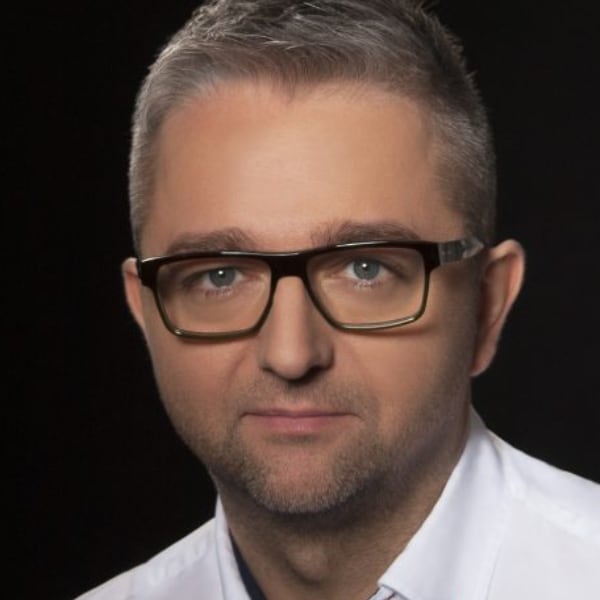Online archív Slovenskej filharmónie bol navrhnutý a naprogramovaný tímom Streamboyz. Videá sú umiestnené na serveroch občianskeho združenia Multiplace. Použitie, šírenie fotografií a audiovizuálneho obsahu tejto stránky len so súhlasom Slovenskej filharmónie. Tento web používa súbory cookies. Prehliadaním webu vyjadrujete súhlas s ich používaním. Viac informácií. Slovenská filharmónia je štátna príspevková organizácia Ministerstva kultúry Slovenskej republiky.

The Online archive of Slovak Philharmonic was designed and programmed by Streamboyz Team. Concerts are located on the Multiplace servers. Use and distribution of photographs and audiovisual content of this site only with the consent of the Slovak Philharmonic. This site uses cookies. By continuing to browse the site, you are agreeing to our use of cookies. Find out more. The Slovak Philharmonic is a state-subsidised organisation of the Ministry of Culture of the Slovak Republic.

OdkazyLinks
Team Streamboyz+ Contact
Slovak Philharmonic
Bratislava Music Festival
Johann Nepomuk Hummel International Piano Competition
Ministry of Culture of Slovak Republic Kontakt na tím Streamboyz+
Slovenská filharmónia
Bratislavské hudobné slávnosti
Klavírna súťaž Johanna Nepomuka Hummela
Ministerstvo kultúry Slovenskej republiky
1 H 00 MIN 1 H 00 MIN
Vocal Evening III – Mária Porubčinová / Róbert Pechanec
Utorok 24. 6. 2025, 19.00 hTuesday, June 24, 2025, 7.00 PMCyklus P – Piesňové večery
Malá sála Slovenskej filharmónieP serie – Song Evening
Small Hall of Slovak Philharmonic
Klement Slavický was one of the most outstanding Czech composers of the second half of the 20th century. He responded to many influences, including folklore from his beloved Moravia. Giuseppe Verdi is a symbol of the art of opera and literally a cult figure in the field. Alongside his hard work on compelling dramas, he relaxed while creating charming or passionate songs. Evgeny Irshai is also a personality who seems to embody all the spiritual as well as structural positions of the musical art. On the basis of a kind of fatal concern for the loss of the basic ethical values of humanity, he offers a multitude of expressive positions saturated with psychological penetration into the essence of a given theme or subject. Erik Satie was the spiritual leader of the emerging avant-garde at the turn of the 19th and 20th centuries. He was not shackled by any “system”, he acted freely and often in a piquantly provocative way.






